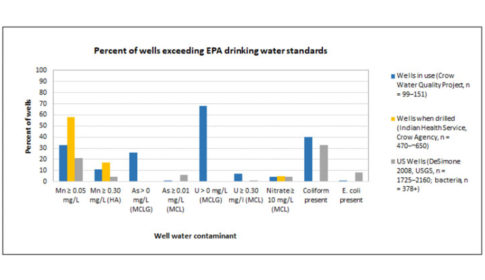
Water as Life
Native Americans have higher rates of water insecurity than the rest of the country, which contributes to poor mental and spiritual health. Individuals and communities lack financial resources and the capacity to respond.
...more
Native Americans have higher rates of water insecurity than the rest of the country, which contributes to poor mental and spiritual health. Individuals and communities lack financial resources and the capacity to respond.
...more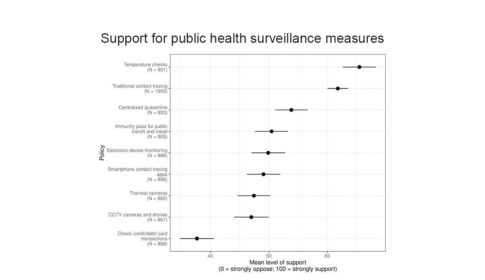
Researchers found the level of support for contact tracing apps was far below public checks for fevers or traditional contact tracing by phone.
...more
In the wake of natural disasters, high levels of displacement and the need for redevelopment opens the door for a widespread shift in neighborhood economic status.
...more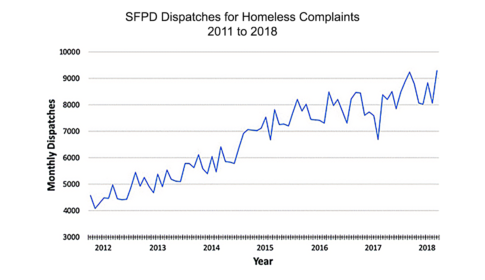
Increased anti-homeless laws and complaint-based policing practices make it more difficult for homeless individuals to be rehoused.
...more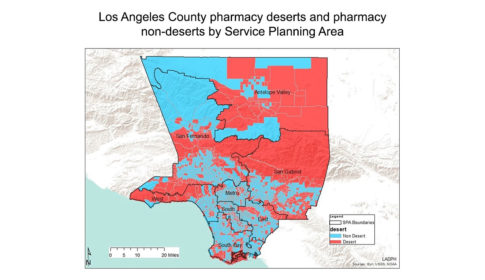
Twenty-four percent of all LA County census tracts are pharmacy deserts. But they are not created equal.
...more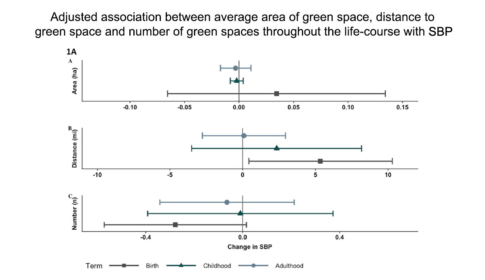
Studies show access to green space improves mental health and reduces the risk of dying from cardiovascular disease. But does all green space yield the same health benefits?
...more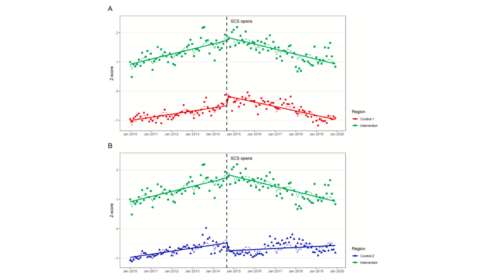
Safe consumption sites can decrease overdose mortality and drug use—yet, in the US, politics and assumptions hinder legislation allowing such sites.
...more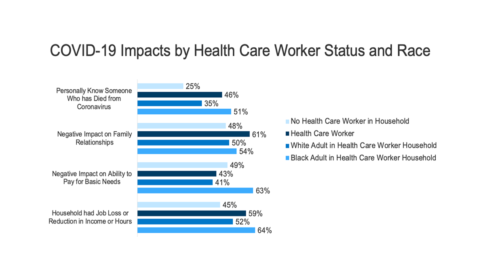
Health care workers of color are over five times likelier to develop Covid-19 than the general public—and their households face worse health outcomes.
...more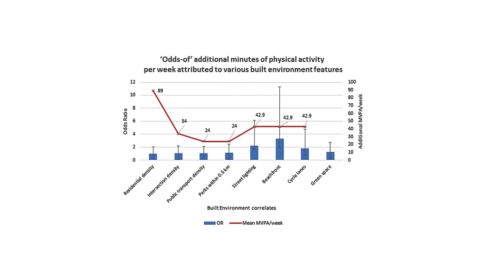
Simple changes in built environment features can increase exercise rates, improve mental wellbeing, and lower mortality.
...more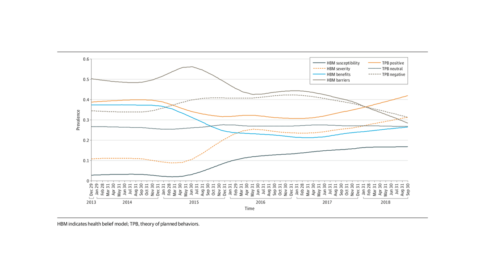
Social media doesn’t just read our minds; it can help shape our health behaviors.
...more